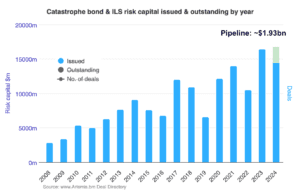Shipping giants turn to wind to cut emissions and fuel use

Cars and the automotive industry get a lot of attention in the fight against climate change, but they are hardly the only group needing emissions reform. Ships, including freighters and cruise lines, are significant polluters, burning tons of fossil fuels to move goods worldwide. There are potential solutions on the way, however, as the New York Times notes companies are looking to wind as an emissions-free method of propulsion.
Sails have powered ships for thousands of years, and a heavily modified version of the configuration could help large freight ships reduce their reliance on fossil fuels. Food and agricultural giant Cargill is using a sail-powered cargo ship that reduces fuel burn by 1.5 tons per day and overall usage by 30 percent. The sails weigh a whopping 125 tons, but the ship’s 82,000-ton capacity easily swallows the extra weight.
Ships equipped with sails still need fuel for navigating harbors and moving when there’s no wind, but the system could cut as much as 4.65 tons of carbon dioxide emission per ship. That said, we’re a long way from widespread adoption. As the New York Times noted, only 30 of the 60,000 cargo ships currently on the oceans are using sail power.
That said, the industry is on an upward track when it comes to wind power. Estimates peg the number of wind-powered ships to reach almost 11,000 by the end of the decade, and most countries have pledged to pursue emissions-free shipping by 2050. But, like some parts of the rapidly electrifying automotive industry, not everyone agrees on how to get there.
Some feel that zero-carbon fuels are the best path forward, but there are concerns about spills and their environmental impact. The fuels are expensive and require energy to produce, though that comes mainly from wind and solar. In the meantime, several countries are developing new wind-powered vessels, so the oceans could look different very soon.




